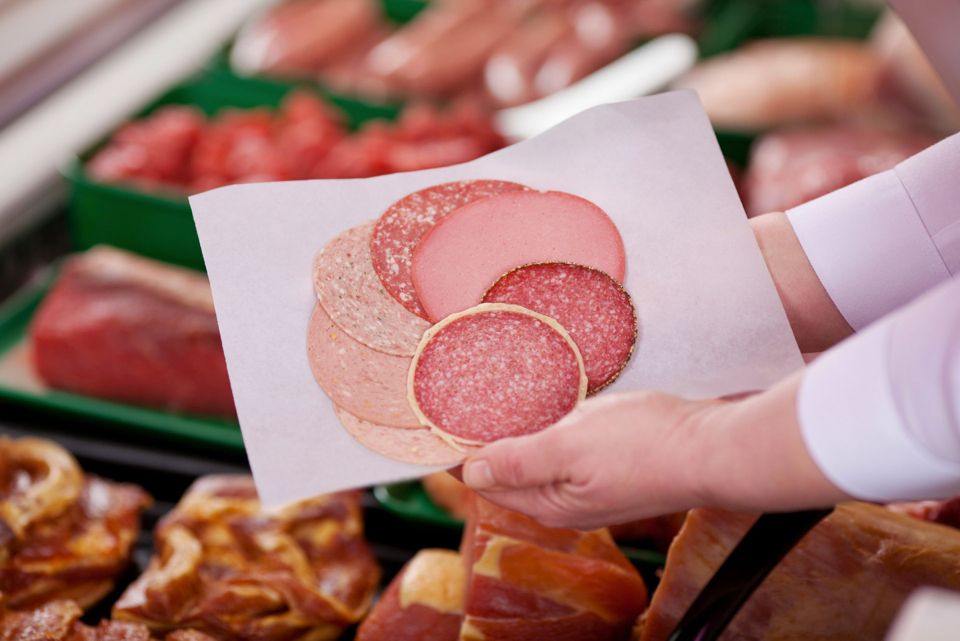Cartenplast
Da quasi quarant’anni lavoriamo con i sacchettifici italiani ed europei e produciamo film in polietilene per accoppiamento con carte alimentari. I nostri film ad alta densità sono estremamente sottili, a partire da 6 micron di spessore, certificati per l’utilizzo in ambito alimentare e trattati per garantire la migliore adesione allo strato di carta. Perché scegliere i nostri film HDPE per sacchettifici?
FILM HDPE per carta alimentare da banco e tovaglie di carta
Certificati IMQ per utilizzo alimentare
Le materie prime scelte e i nostri film, sono certificati dal Centro di Certificazione e Analisi IMQ (Istituto Italiano del Marchio di Qualità) per il confezionamento e il contatto con alimenti freschi, come formaggio e salumi. I nostri film sono soggetti ad analisi costanti volte a garantirne l'idoneità per l'utilizzo alimentare. Vengono infatti effettuate le prove di migrazione globale e specifica e le valutazioni sensoriali, in accordo con le diverse legislazioni europee ed extraeuropee.
Trattamento corona per maggiore adesione
I nostri film ad alta densità per sacchettifici vengono trattati durante il processo produttivo con un sistema chiamato, Trattamento Corona, una lavorazione basata su scariche elettrostatiche che aumenta la capacità di adesione del film alla carta riducendo l'utilizzo di colle e consente l'utilizzo di carta a minore grammatura senza compromettere la qualità del prodotto finale.
Massima sottigliezza e qualità
I nostri film ultra sottili, con spessore minimo di sei micron, sono realizzati utilizzando esclusivamente materie plastiche di prima scelta, accuratamente selezionate. La bassa grammatura dei film, unita alla speciale composizione del nostro polietilene, garantisce il massimo delle prestazioni con il minino dei costi.
Barriera totale
I nostri film svolgono una funzione di barriera totale, resistente alla luce e antibatterica, per proteggere e preservare degli alimenti che avvolge garantendone la freschezza e l'integrità del gusto.
Perfetta riciclabilità
I nostri film ad alta densità sono perfettamente riciclabili perchè conmposti al 100% da polietilene. Lo smaltimento del polietilene può essere effettuato attraverso il recupero o il riciclo, dal quale è possibile non solo ottenere nuovi prodotti, ma anche energia, calore ed elettricità. Il riciclaggio meccanico prevede la trasformazione da materia a materia: il polietilene non più utilizzato diventa il punto di partenza per nuovi prodotti. Questa tecnica consiste essenzialmente nella rilavorazione termica o meccanica dei rifiuti plastici.


